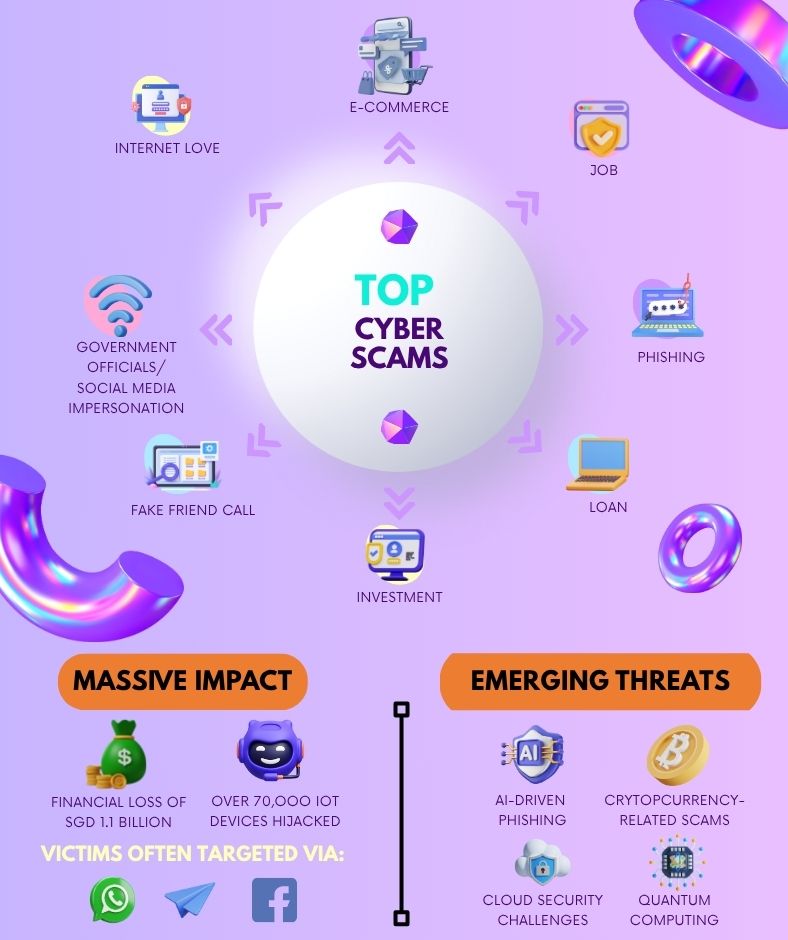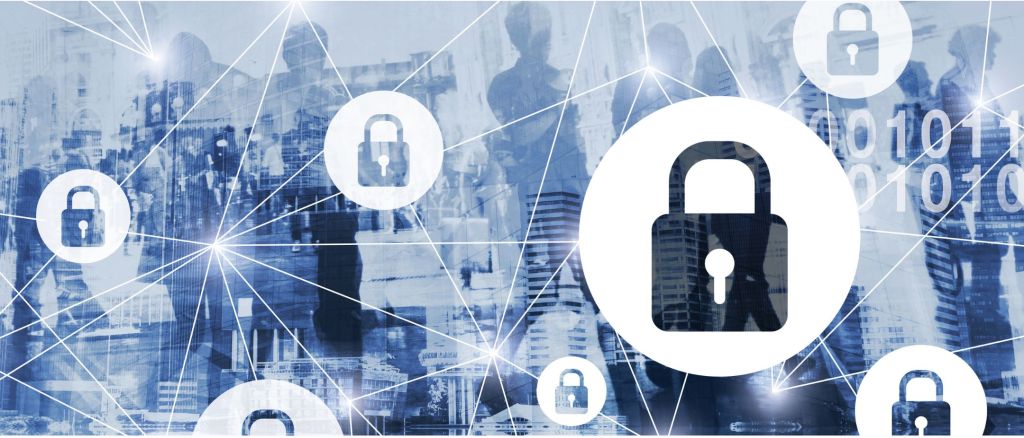Seven years ago, Singaporeans were shocked when one of the biggest cyberattacks resulted in the theft of personal data belonging to about 1.5 million SingHealth patients, including then-Prime Minister Lee Hsien Loong.
It was a wake-up call, sending a clear message: no system is immune to threats lurking online, and cybersecurity is not optional.
Given its highly connected digital economy and reliance on technology for critical infrastructure, the country understands that cybersecurity is vital for both economic stability and national security.
How Serious Are Cyber Threats in Singapore?
Singapore’s status as a leading financial and technology hub makes it a prime target for cyberattacks. Take these recent incidents that highlight the severity of the cybersecurity landscape in Singapore:
1. Widespread Organisational Impact
According to a recent report, 80% of organisations in Singapore have experienced some form of cyberattack, indicating the widespread nature of cyber threats across sectors.
2. Government Concerns Over State-Linked Cyber Threats
Singapore’s Coordinating Minister for National Security, K. Shanmugam, has issued a public warning about the serious cyber threats from state-linked advanced persistent threats (APTs), indicating a concern at the national level.
For the first time, the attacker’s identity as UNC3886 was revealed, targeting Singapore’s vital service sectors, including aviation, healthcare, land transport, maritime, media, security and emergency services, water supply, banking and finance, energy, info-communications, and government.
3. Device Infections
The Cyber Security Agency of Singapore (CSA) found that around 2700 devices across Singapore were infected during their operation against a global botnet.
4. Data Breach Involving Public Agencies
Recently, the Singapore Police Force (SPF) and CSA reported a breach involving the leak of approximately 1,300 names and addresses, believed to originate from traffic police records.
These aren’t just random hackers. Many of them are well-resourced and highly sophisticated attackers. They use advanced techniques to stay undetected for long periods, quietly infiltrating networks to steal sensitive data, monitor activity, or disrupt essential services.
What are the Most Common Cyber Crimes in Singapore?

(Source: CSA, SPF)
These blended attacks, which combine social engineering, AI, and system vulnerabilities, emphasise Singapore’s need for modern cybersecurity solutions.
Smart Solutions Against Cyberthreat
In addition to Singapore’s strong data protection laws, the country needed advanced tools to build a resilient cybersecurity infrastructure. Hence, the country’s future of cybersecurity will depend on these aspects:
- Advanced Tech
Singapore is deploying AI, blockchain and cloud tools to build smarter cyber defences to enhance cloud security and counter the growing threat of AI-powered automated hacking. - Quantum Resilience
Proactively preparing for future quantum threats by developing a National Quantum-Safe Network and promoting the adoption of quantum-resistant encryption. Integration of AI and quantum technologies is seen as essential for building next-generation cyber defences. - Public-Private Sectors Synergy
Strong partnerships between government, private companies, and educational institutions are crucial. A notable example is the Singapore Police’s collaboration with banks such as DBS, OCBC, and Standard Chartered. Using Robotic Process Automation (RPA), they have helped people save potentially S$58 million this year.
Expanding Singapore’s Cyber Talent Pool
An essential pillar of any modern cybersecurity strategy is developing a robust talent pipeline. In fact, cybersecurity roles are prominently listed in the Ministry of Manpower’s official Shortage Occupation List (SOL), indicating strong job prospects.
In-demand cybersecurity roles include:
- Cybersecurity Risk Specialist
- Cybersecurity Architect
- Cybersecurity Operations Specialist
- Digital Forensic Specialist
- Penetration Testing Specialist
- Artificial Intelligence Scientist or Engineer
Candidates for these cybersecurity roles should also have skills in cloud security, zero-trust architecture, application security (AppSec), threat intelligence, and proficiency with ethical hacking tools.
Jobs in Cybersecurity Salary Benchmark:
- Entry Level: SGD 3,500 – SGD 5,000/ month
- 2-5 years experience: SGD 5,000- SGD 7,000/month
- Senior Roles (Governance & Compliance): SGD18,000+ / month
Given the current talent shortage, this is an excellent time to pursue qualifications or certifications in cybersecurity.
How to Enter the Cyber Security Field in Singapore
A structured educational pathway is often an easier way to gain the wide range of skills needed for the expanding cybersecurity jobs in Singapore.
London School of Business and Finance (LSBF) in Singapore offers a clear, step-by-step way to build your cybersecurity expertise:
1. Start With the Basics: Begin with the Diploma in Information Technology. This programme covers essential network security, cloud computing, and IT system fundamentals, providing the foundational knowledge needed for advanced degrees.
2. Building Advanced Skills: After the Diploma in IT, you can pursue a BSc (Honours) in Cyber Security Networks (awarded by the University of East London). These degrees teach essential skills in software development, risk management and security technologies.
3. Advanced Specialisation: If you already have a bachelor’s degree and want to specialise, consider the Postgraduate Diploma in Cyber Security or the MSc in Information Security and Digital Forensics. These advanced programmes cover aspects of ethical hacking, penetration testing, security management, and cyberlaw.
LSBF’s cybersecurity lecturer at the recent “The Future of Tech: Industry and Career Outlook in Asia” webinar (April 2025) recommended globally recognised certifications, such as CISSP, CEH, or CISM, to strengthen your credibility and broaden your career prospects. These credentials validate your expertise and are highly regarded by employers across various industries.
Given Singapore’s significant investment in cybersecurity infrastructure and talent, it will remain a crucial growth sector for the foreseeable future.
Speak to our Education Consultant to know more about LSBF’s Cybersecurity Programmes.



